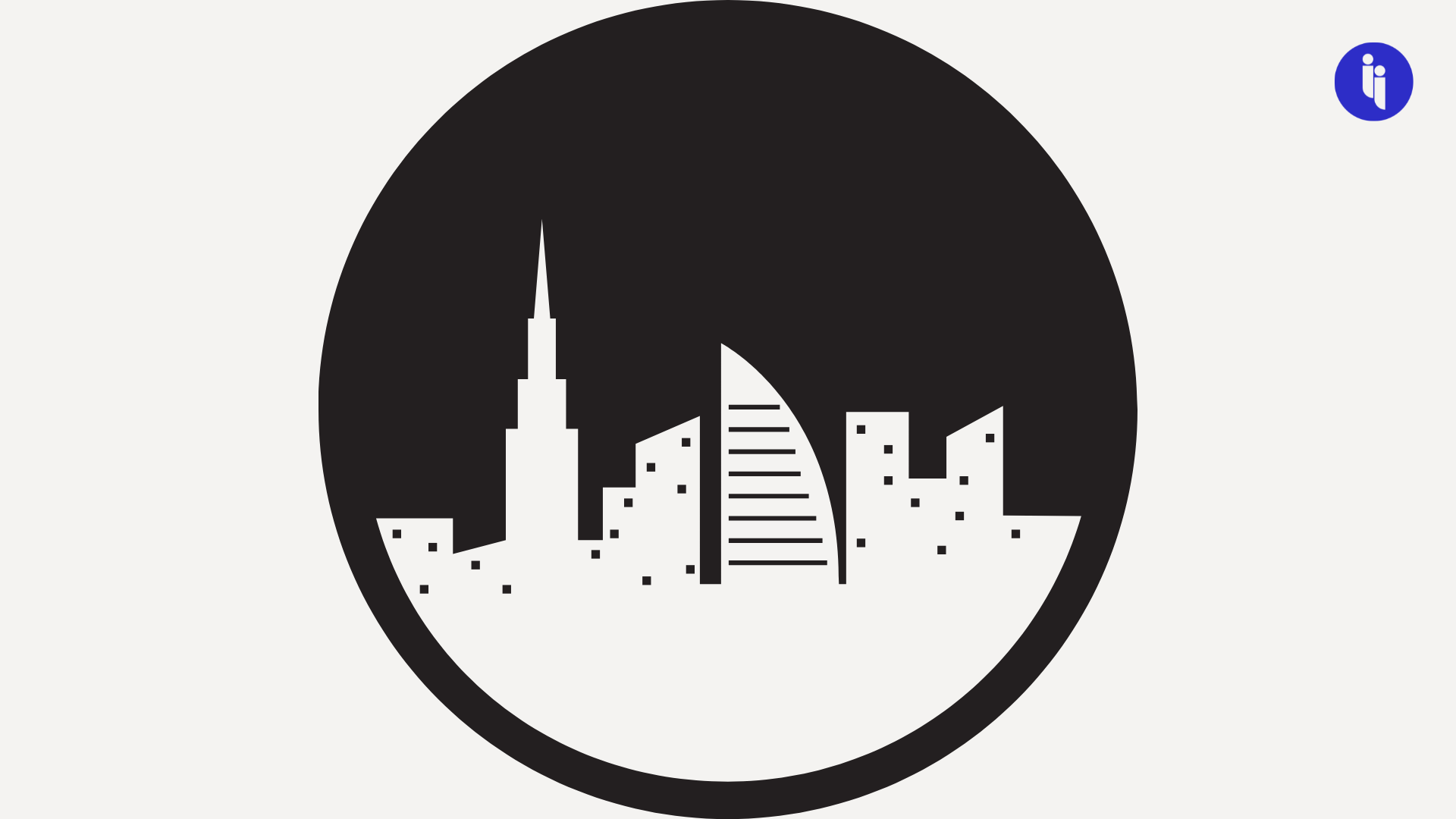We’ve worked at plenty of global summits, including in our former lives as diplomats. They’re exhilarating, frustrating, surreal, and essential parts of how our world works. But they have a dark side, too. Trusted friends have passed us some information on one such dark side now playing out in the margins of the COP28 climate talks in Dubai: sex trafficking.
It’s no secret that Dubai has become a global ‘sex tourism’ destination. But the scale is staggering: there are around 45,000 sex workers in the emirate, or ~1% of Dubai’s population.
Many of these women have been trafficked by criminals who mislead them into travelling to the UAE with promises of legitimate work, then coerce them into prostitution via threats, isolation, or worse. They’re typically from impoverished nations, and are often underage.
Stay on top of your world from inside your inbox.
Subscribe for free today and receive way much more insights.
Trusted by 134,000+ subscribers
No spam. No noise. Unsubscribe any time.
Prostitution is technically banned in Dubai, but it’s tolerated in practice. Dubai laws largely restrict alcohol consumption to hotels and their nightclubs, effectively turning these venues into brazen marketplaces for sex work.
Meaningful local prosecutions are declining in number, but authorities abroad offer a window into the scale we’re talking about here: for example in 2020, Azam Khan (co-owner of Dubai’s Fortune hotel chain) admitted to a Bangladeshi magistrate he had recruited hundreds of Bangladeshi women and girls as hotel staff in Dubai, then forced them into sex work after they arrived.
And it’s not just local hotel chains. Open (and other) source intelligence shows some 27 nightclubs and bars located in 26 hotels across Dubai (including the major Western chains) are directly facilitating and potentially benefiting from this trade.
So who are the ‘clients’? During a regular week in Dubai, they range from low-wage migrant construction workers and international tourists, through to wealthy Russian businessmen evading sanctions.
But this isn’t a regular week in Dubai. It’s COP28.








